Science Ticker
A roundup of research and breaking news
Sign up for our newsletter
We summarize the week's scientific breakthroughs every Thursday.
-
 Planetary Science
Planetary SciencePluto’s landscapes come into view as New Horizons closes in
The New Horizons spacecraft sees surface markings and a possible polar cap on Pluto as it closes in for a July encounter.
-
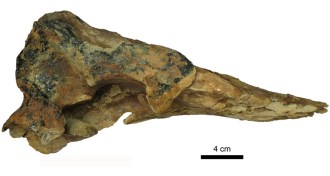 Animals
AnimalsRare fossils expand evolutionary history of sperm whales
A pygmy fossil unearthed in Panama reveals that the organ the whales use to produce sound and echolocate shrunk over time.
-
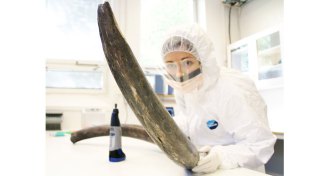 Animals
AnimalsWoolly mammoth DNA shows toll of low diversity
A new sequencing analysis of two woolly mammoth genomes reveals evidence of genetic decline due to isolation and inbreeding just prior to extinction.
-
 Microbes
MicrobesCity- and country-dwelling microbes aren’t so different
A new study reveals the microbial communities in our nation’s dust.
-
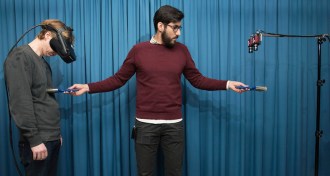 Psychology
PsychologyTo reduce stress and anxiety, make yourself invisible
We may not be able to make people invisible, but researchers have discerned its effect on the human mind in a new study.
-
 Genetics
GeneticsGene in human embryos altered by Chinese researchers
Chinese researchers have genetically altered human embryos.
-
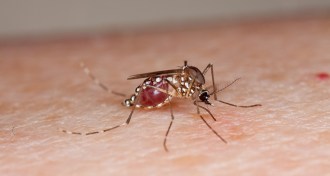 Genetics
GeneticsMosquito bites might be foretold in genes
Attractiveness to mosquitoes could be inherited, twin study suggests.
-
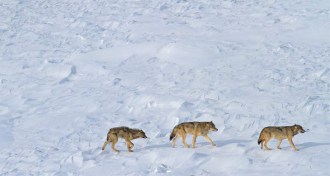 Animals
AnimalsOnly three wolves left on Michigan island
Without an infusion of new wolves, the Isle Royale wolf population, and the famous study associated with it, will die off.
-
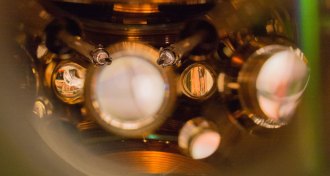 Quantum Physics
Quantum PhysicsAtomic clock will keep precise time for 15 billion years
The world’s most precise atomic clock will not lose or gain a second in roughly 15 billion years.
By Andrew Grant -
 Chemistry
ChemistryShipwrecked bubbly gives chemists a taste of the past
Champagne preserved at the bottom of the Baltic Sea for 170 years has given chemists a glimpse of past winemaking methods.
By Beth Mole -
 Tech
TechSmart card taps track clogs on London’s Tube
To make public subway systems more efficient, researchers track smart card taps and flag problem stations.
-
 Neuroscience
NeuroscienceSky’s brilliant hues may help bodies keep time
The internal clocks of mice are sensitive to changes in the sky’s colors. Humans’ clocks may work similarly, offering a tool to trump jet lag.